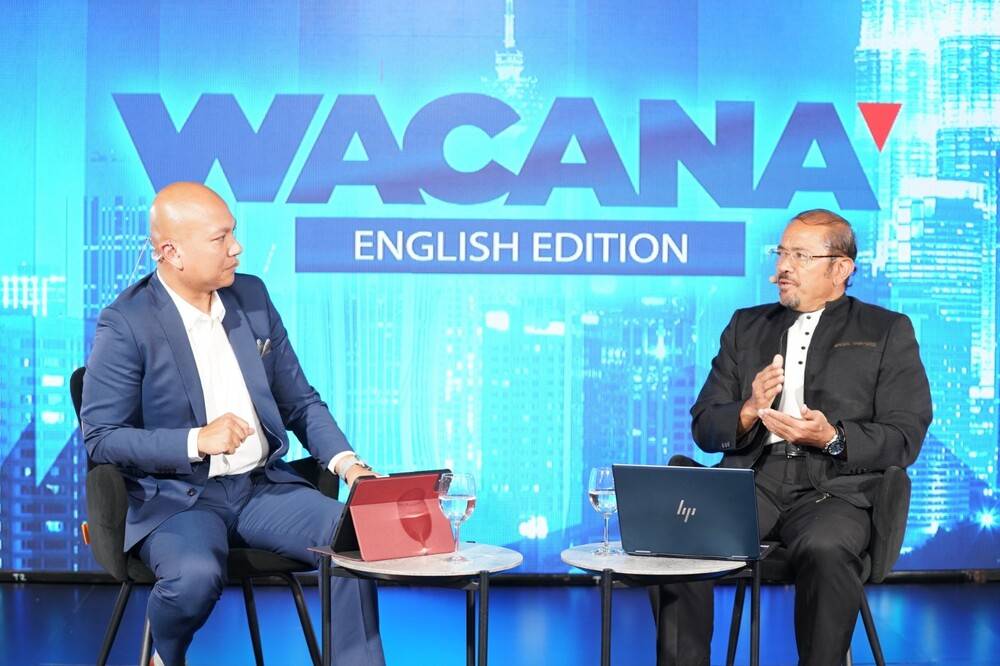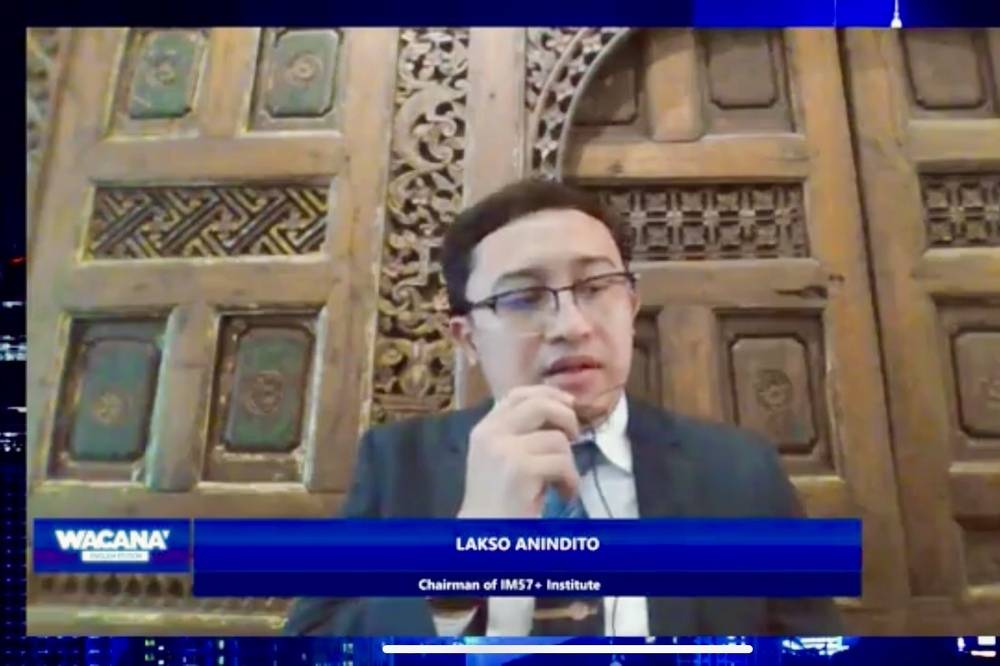Fighting corruption starts at the root: Experts urge Asean to focus on prevention, not just punishment
Prevention, not just enforcement, must be at the core of anti-corruption strategies, with a focus on changing the mindsets of individuals from an early age.

SHAH ALAM - While the fight against corruption has gained significant traction in recent years, experts said Asean countries need to move beyond reactive measures and adopt a more proactive approach.
Prevention, not just enforcement, must be at the core of anti-corruption strategies, with a focus on changing the mindsets of individuals from an early age.
Board Member of the Malaysian Institute of Integrity (IIM) Datuk Seri Mustafar Ali emphasised the need for a fundamental shift in how corruption is tackled.
He argued that while much of the current enforcement effort focused on reacting to corruption after it has already occurred, what was truly needed was prevention, which addresses the root of the problem.
"It starts with the people. If no one offers a bribe, no one can take one. Prevention and education are essential links in this value chain and we must start early—with schools, with families, with the environments where values are shaped.
"What happens if children see corruption at home? That is where the mindset must begin to shift.
"Asean partners must work together, not just to punish corruption after the fact, but to understand its roots, strengthen prevention and foster a culture where people are empowered to say no," he said during Sinar Daily’s Wacana English programme entitled "The Jakarta Statement: Asean’s Silent Revolution Against Corruption?" at the Karangkraf Group Complex, yesterday.
Mustafar highlighted that while completely eradicating corruption may be challenging, education and collective determination can greatly minimise its impact.
He emphasised that corruption was not only a crime against the system, but also a tragedy for families, communities, organisations and society as a whole.
"Silence is no longer an option. In Islam, it is taught that we must stop wrongdoing with our hands, our words and if nothing else, our hearts. That means taking action, speaking up and recognising when something is wrong.
"If each of us develops that inner compass, that personal "police officer", then meaningful change can happen, not just in policies, but in people," he added.
Meanwhile, IM57+ Institute chairman Lakso Anindito shared a similar sentiment saying that understanding the incentives behind corruption was crucial to create lasting change.
He argued that anti-corruption efforts should not only focus on punishment but also on shifting motivations to stay clean.

"When addressing anti-corruption efforts, the first thing we must consider is the incentive, understanding both the motivation to stay clean and the consequences of engaging in corruption.
"This shift in perspective is crucial to move beyond symbolic gestures and empty rhetoric," he said during the programme.
He also pointed out that corruption was never a solitary act, but always involved a network or syndicate of individuals, adding that it always involved at least two people.
"That is why combating corruption effectively requires building our own coalition, one made up of non-governmental organisations, government bodies and journalists.
"Only through meaningful collaboration can we create a powerful force to take on corruption together," he added.
Download Sinar Daily application.Click Here!















